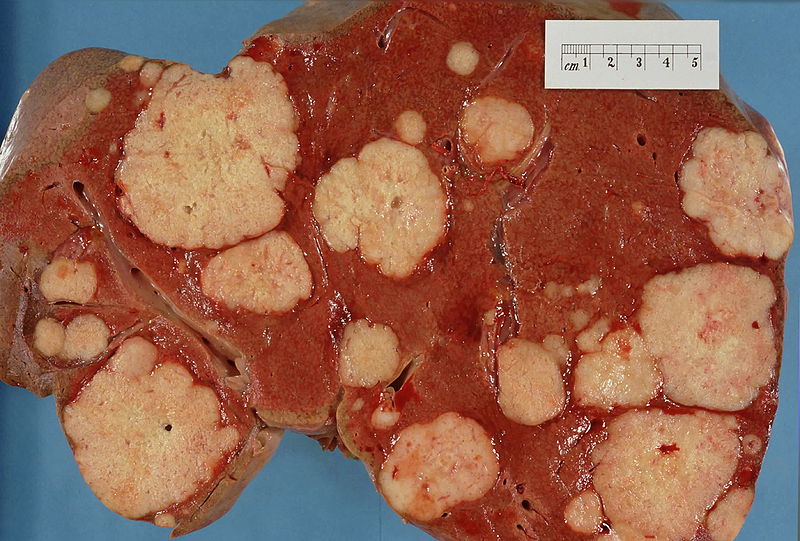A self-inflicted fast might double the effectiveness of anticancer treatments, new research has shown.
Writing in the journal Science Translational Medicine, University of Southern California scientist Valter Longo and his colleagues have shown both using cells cultured in the dish and also in experimental mice that fasting sensitises cancers to chemotherapy drugs.
 Initially using yeast cells genetically programmed to carry a genetic mutation that causes cancer in humans, the team found that starving the cells by replacing their culture media for 48 hours with water devoid of any nutrients triggered severe stress and increased the rate of cell death. Cells lacking the cancer-causing gene and subjected to the same treatment, however, were paradoxically much more resistant to the insult and were less sensitive to toxic chemicals like hydrogen peroxide. The researchers then grew cancer cells in growth medium made from the blood plasma of mice that were either fasting or fed normally.
Initially using yeast cells genetically programmed to carry a genetic mutation that causes cancer in humans, the team found that starving the cells by replacing their culture media for 48 hours with water devoid of any nutrients triggered severe stress and increased the rate of cell death. Cells lacking the cancer-causing gene and subjected to the same treatment, however, were paradoxically much more resistant to the insult and were less sensitive to toxic chemicals like hydrogen peroxide. The researchers then grew cancer cells in growth medium made from the blood plasma of mice that were either fasting or fed normally.
As expected, cells grown in the fasting mouse medium showed greater signs of stress, higher rates of death and were more susceptible to anti-cancer drugs than their normally-nourished counterparts. To find out whether this effect would translate from the dish to a real case of cancer, the researchers then treated mice carrying a range of tumour types including melanomas, gliomas (brain tumours) and breast cancers.
Mice that were fasted before receiving chemotherapy, they found, had a 40% reduction in the rates of cancer spread and a 42% long-term survival rate compared with 100% mortality in the normally-fed animals.
The mechanism underlying this extraordinary observation, the team believe, is that the very same processes that make cancer cells grow uncontrollably also prevent the cells from shutting down their activity and protecting themselves in the face of stress, including stress induced by fasting. And in this state the cells become much more vulnerable to chemotherapy drugs compared with healthy tissue. This, the researchers suggest, could be a way to boost anti-cancer effects in humans while simultaneously minimising side effects.










Comments
Add a comment